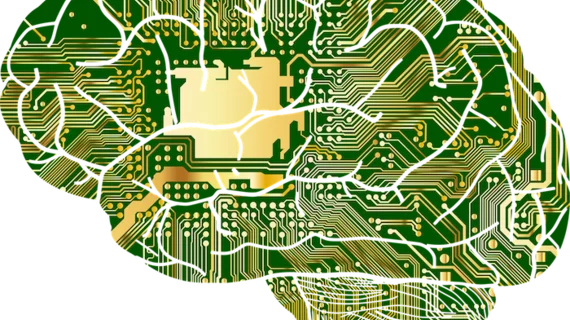Machine learning could enable medical image registration during operations
Researchers from the Massachusetts Institute of Technology (MIT) in Cambridge have been studying a machine learning algorithm they say makes the process of medical image registration more than 1,000 times faster.
The algorithm in question, “VoxelMorph,” registers thousands of pairs of images, “learning” information about the images as it goes along. Once trained, the algorithm uses the parameters it learned to “map all pixels of one image to another, all at once.”
The team’s research is part of two papers scheduled to be presented at the Conference on Computer Vision and Pattern Recognition (CVPR) June 18-22 in Salt Lake City, Utah, and the Medical Image Computing and Computer Assisted Interventions Conference (MICCAI) September 16-20 in Granada, Spain.
“The tasks of aligning a brain MRI shouldn’t be that different when you’re aligning one pair of brain MRIs or another,” Guha Balakrishnan, a graduate student from MIT’s department of engineering and computer science and a co-author of both papers, said in a news report from MIT. “There is information you should be able to carry over in how you do the alignment. If you’re able to learn something from previous image registration, you can do a new task much faster and with the same accuracy.”
The researchers said their findings could allow image registration to take place during operations, something that could have a significant, immediate impact on patient care.
“Today, they can’t really overlap the images during surgery, because it will take two hours, and the surgery is ongoing,” Adrian Dalca, a postdoctoral research student from Massachusetts General Hospital in Boston and a co-author on both papers, said in the same MIT news report. “However, if it only takes a second, you can imagine that it could be feasible.”

